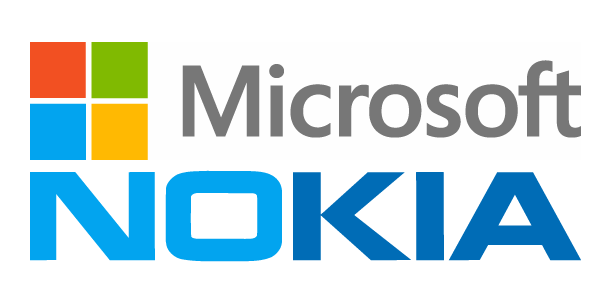During the press conference to announce NOKIA being acquired by Microsoft, Nokia CEO ended his speech by saying this “we didn’t do anything wrong, but somehow, we lost”.
Upon saying that, all his management team, himself included, teared sadly.
Nokia has been a respectable company. They didn’t do anything wrong in their business, however, the world changed too fast. Their opponents were too powerful.
They missed out on learning, they missed out on changing, and thus they lost the opportunity at hand to make it big. Not only did they miss the opportunity to earn big money, they lost their chance of survival.
The message of this story is, if you don’t change, you shall be removed from the competition.
It’s not wrong if you don’t want to learn new things. However, if your thoughts and mindset cannot catch up with time, you will be eliminated.
The advantage you have yesterday, will be replaced by the trends of tomorrow. You don’t have to do anything wrong, as long as your competitors catch the wave and do it RIGHT, you can lose out and fail.
To change and improve yourself is giving yourself a second chance. To be forced by others to change, is like being discarded.
Those who refuse to learn and improve, will definitely one day become redundant and irrelevant to the industry. They will learn the lesson in a hard and expensive way!
Keep learning. Keep innovating. Stay relevant.
1- In 1938, Lee Byung-Chull launched Samsung in South Korea as a grocery shop.
2- In 1940, due to tight competition in the grocery segment, Samsung abandoned grocery for producing and selling of noddles.
3- In 1950, Samsung abandoned production of noddles for producing of sugar.
4- In 1954, Samsung left sugar and started a woolen mill in Korea.
5- In 1956, Samsung abandoned woolen mill and started selling Insurance and securities.
6- In 1960, Samsung left selling of insurance and securities for production of television – the black and white television. Not color television.
7- In 1980, Samsung switched to telecoms, producing telephone switch boards.
8- In 1987, Lee the founder and owner of Samsung died. The company now broke into four independent companies- department stores, chemicals & logistics, paper/telecom and electronics.
9- Same year, Samsung decided to focus on international investing, investing in plants & semi conductor facilities around the world.
10- In 1990, Samsung delved into real estate abandoning international investing in semi conductors. Samsung built the worlds tallest buildings: Petronas Towers Malaysia, Taipei 101 in Taiwan
11- In 1993, there was heavy recession and Asian markets went belly up, Lee’s son who had succeeded him as the CEO of Samsung began downsizing, selling subsidiaries and merged the rest.
12- With the merging of the electronics, engineering and chemicals division, Samsung became the world’s largest producer of memory chips.
13- In 1995, Samsung switched to liquid-crystal displays and over the next 10 years became the world’s largest manufacturer of flat screen television.
14- In 2010, with liquid crystal displays becoming competitive, Samsung launches a 10 year growth strategy, with smart phones being a key focus.
15- In 2016, Samsung is worlds largest mobile and smart phone maker, outselling iPhone two to one.
Samsung sales today is over $250 billion and produces a fifth of South Korea’s total exports.
Don’t be afraid of change. If you don’t change, you become insignificant. Don’t be afraid of delving into new waters. Don’t get stuck doing same thing over and over again, it’s boring. The life is in the risk. The life is in the new!!!! If your idea isn’t working or you are stagnant, don’t stick to the Glorious’ past, take the risk and move on. It’s far better than being stagnant.









